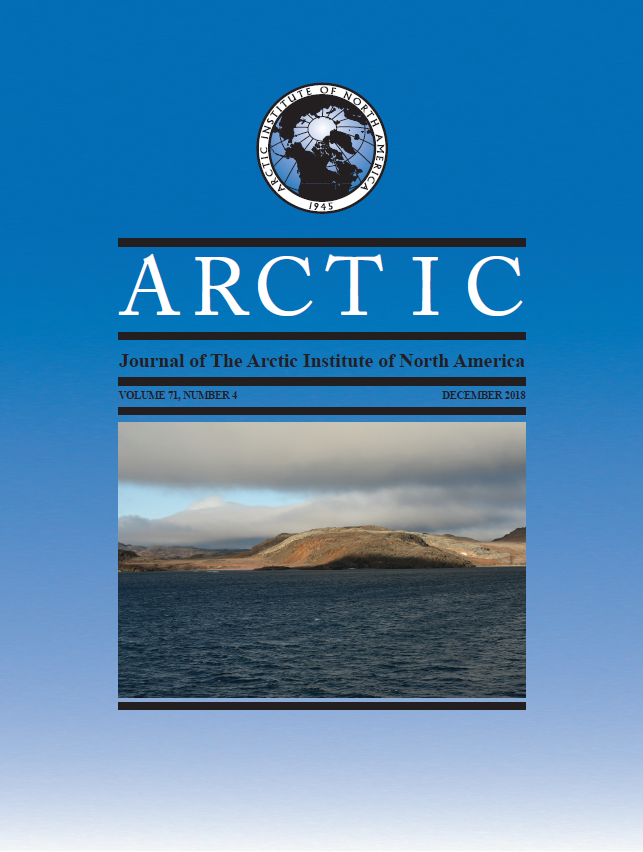Beyond the Berger Inquiry: Can Extractive Resource Development Help the Sustainability of Canada’s Arctic Communities?
DOI :
https://doi.org/10.14430/arctic4748Mots-clés :
mise en valeur des ressources, industries extractives, enquête Berger, collectivités de l’Arctique, incidences industriellesRésumé
Pendant les quatre décennies qui ont suivi l’enquête Berger, de nombreuses recherches ont été effectuées pour montrer les incidences positives et négatives de la mise en valeur des ressources sur les collectivités nordiques. Cependant, peu de recherches indépendantes ont tâché de comprendre les meilleures façons de gérer les incidences de la mise en valeur des ressources et d’exploiter leurs retombées de sorte à favoriser le développement durable à long terme. Cette question a servi de fondement au projet de recherche sur les ressources et le développement durable dans l’Arctique (Resources and Sustainable Development in the Arctic, ou ReSDA) financé par le Conseil de recherche en sciences humaines du Canada en 2011. Les chercheurs du ReSDA représentaient un réseau de chercheurs, de membres de la communauté et d’organismes. Ils ont réalisé une série d’analyses axées sur les éléments nécessaires pour que les collectivités du Nord aient droit à plus d’avantages découlant de la mise en valeur des ressources et pour atténuer les incidences négatives potentielles. Dans l’ensemble, les analyses mettent en évidence les sérieux écarts à combler pour que les projets de mise en valeur des ressources améliorent la durabilité des collectivités de l’Arctique. Ces écarts comprennent la bonne compréhension des incidences cumulatives, l’aptitude des collectivités à participer adéquatement aux nouveaux processus réglementaires, les aspects non économiques du bien-être, les effets des ententes sur les retombées et les incidences, les nouvelles retombées financières de même que les nouvelles activités d’atténuation.


